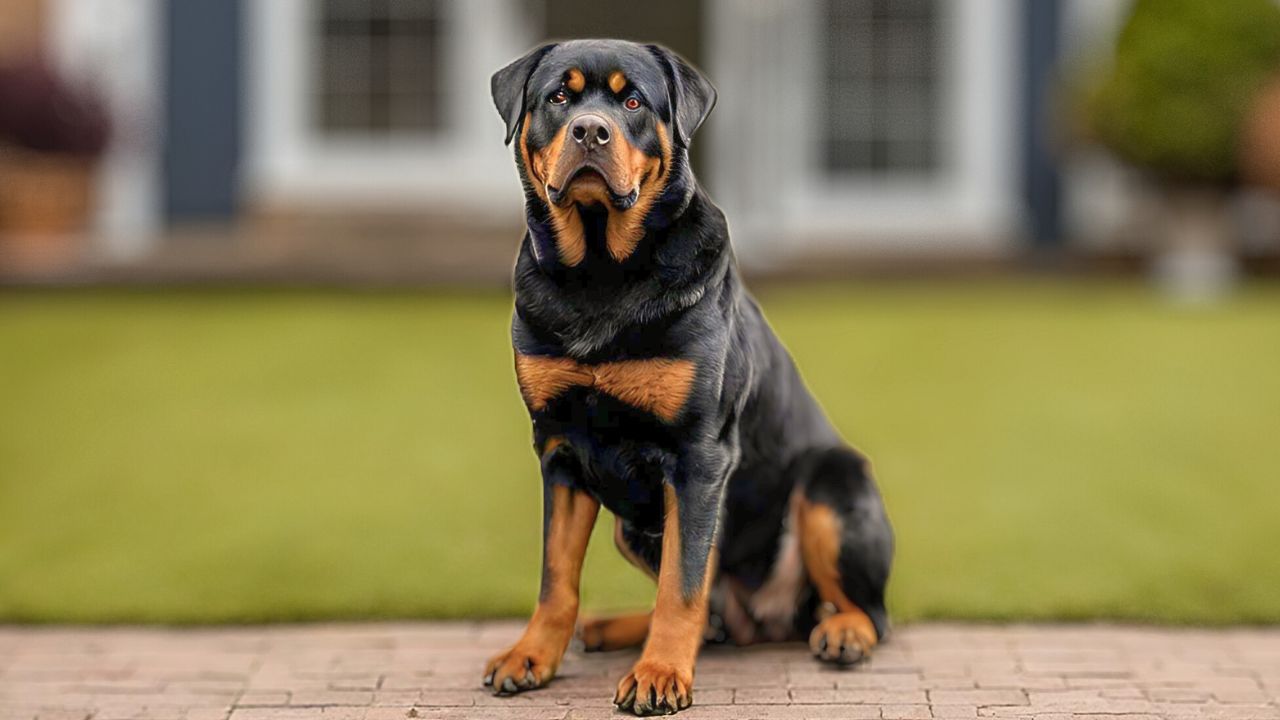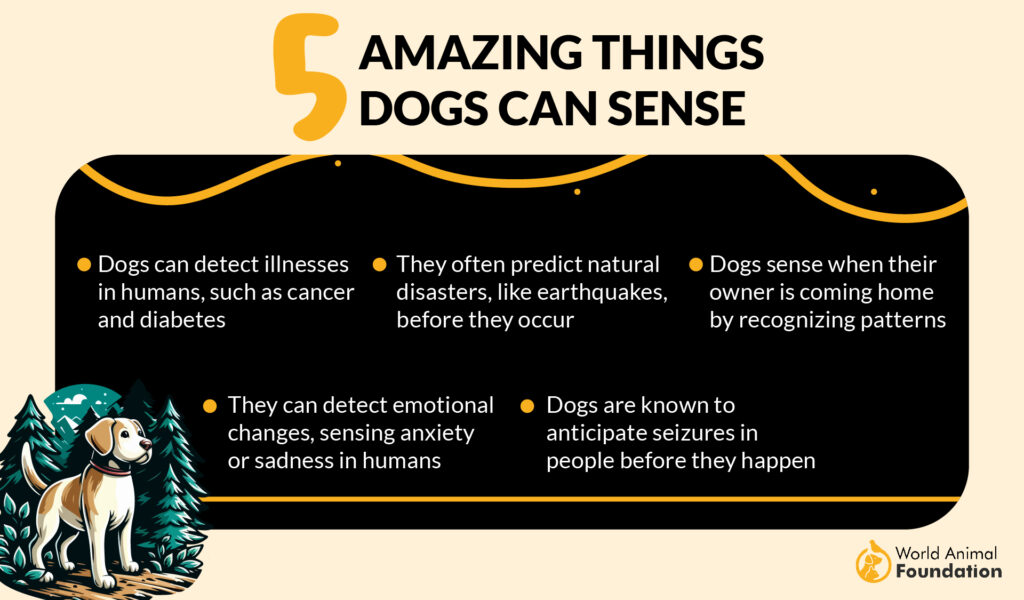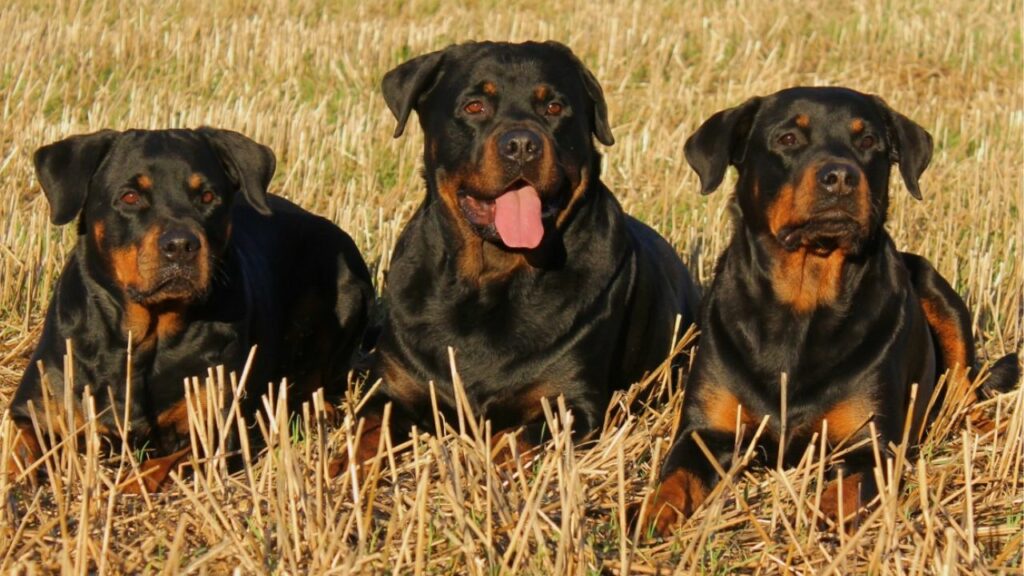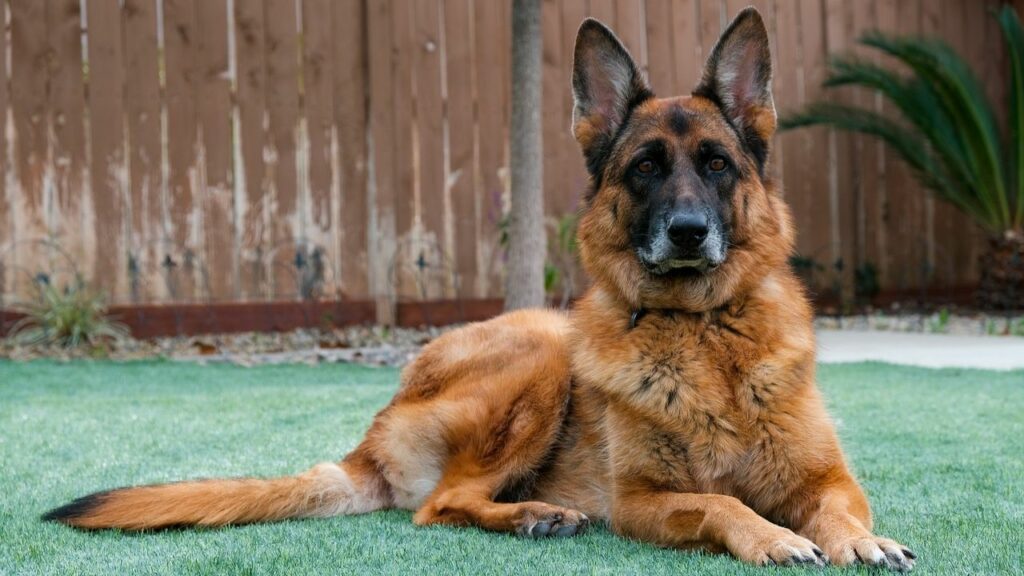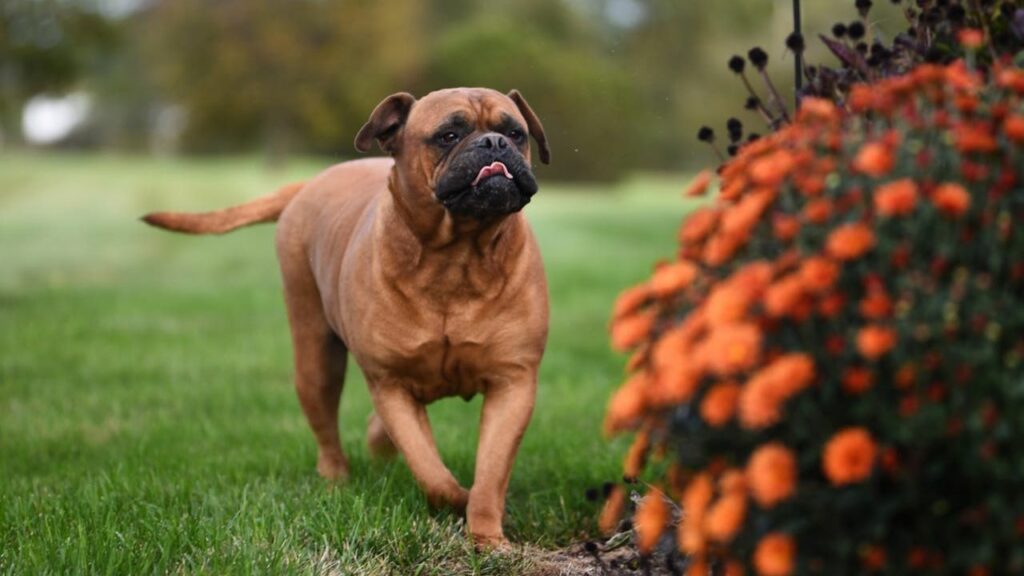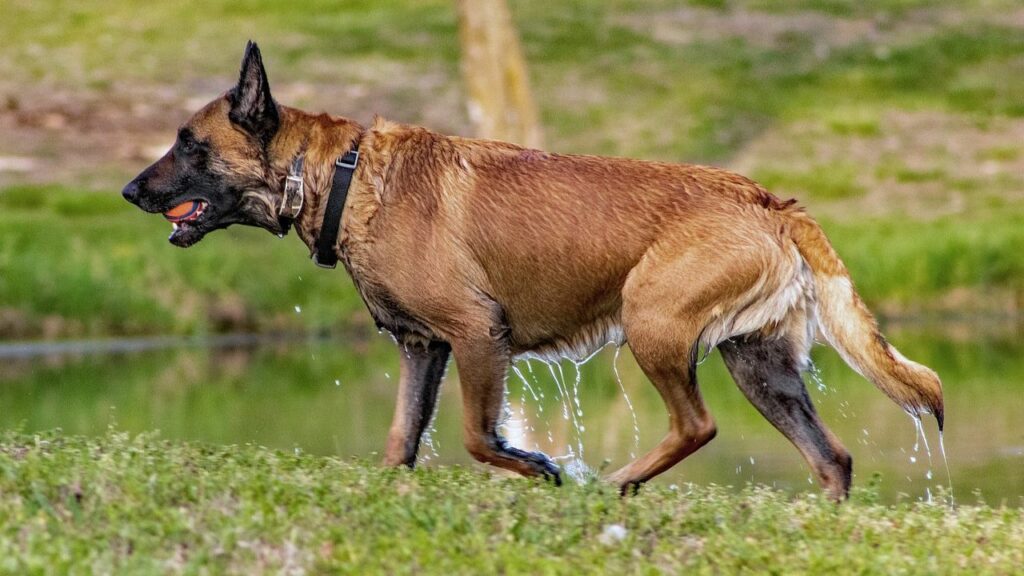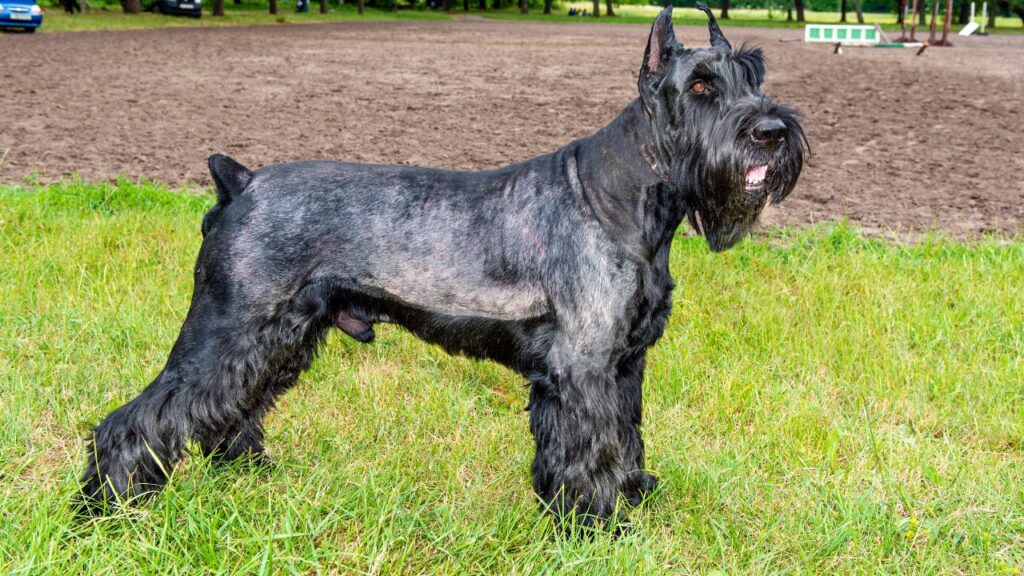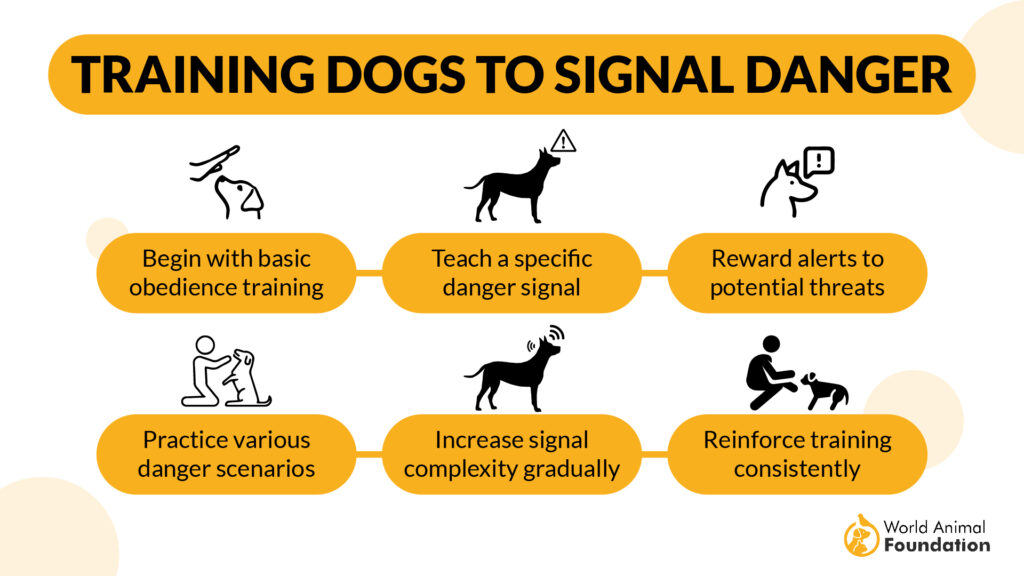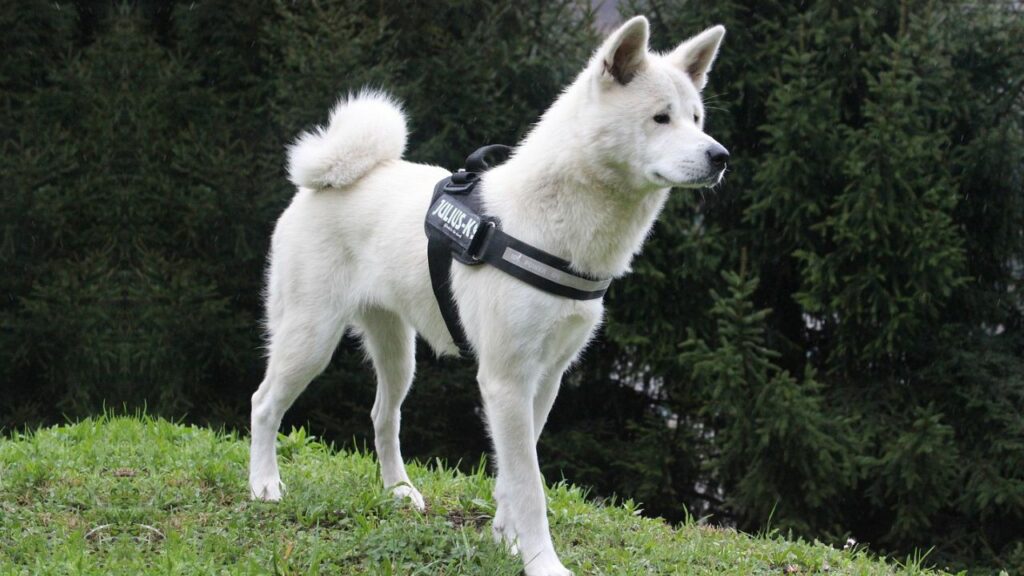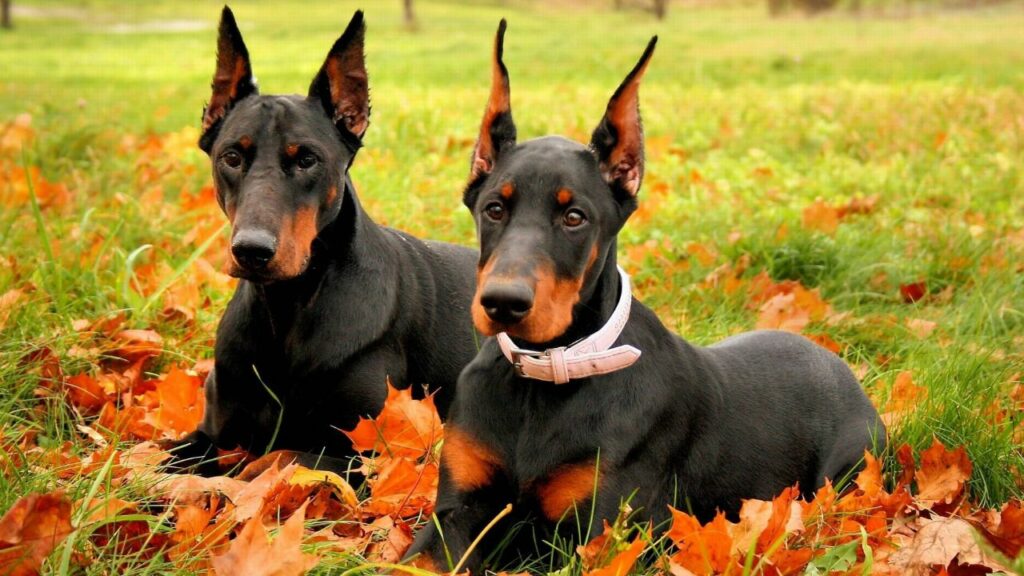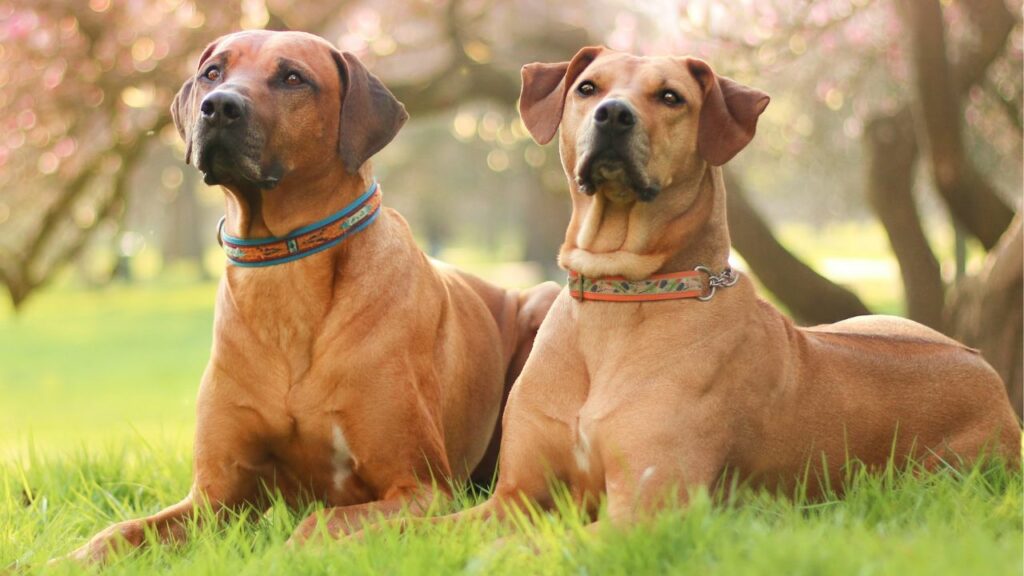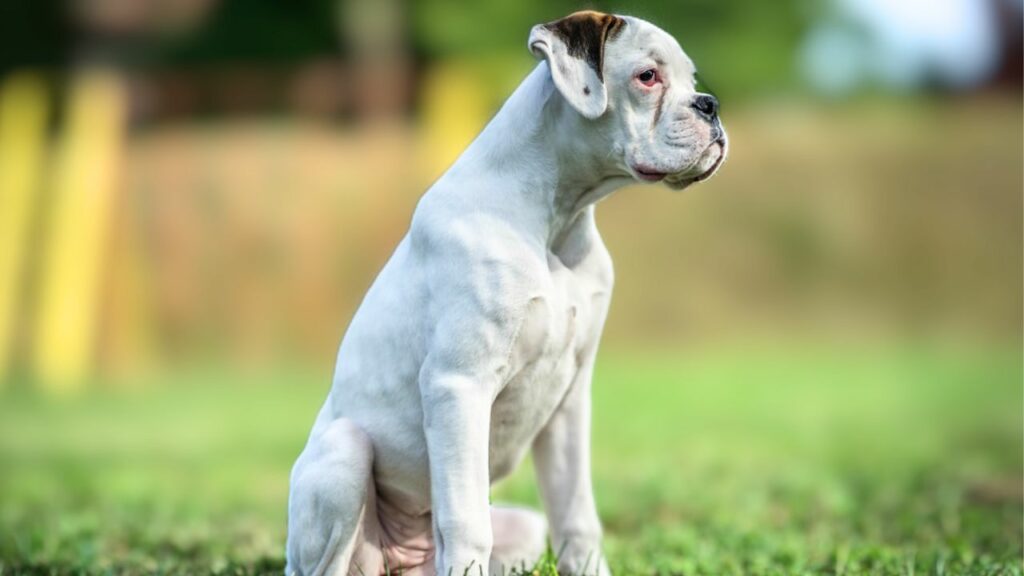A vigilant guard dog can be a powerful deterrent and a comforting presence. But not all breeds possess that innate sense of danger awareness necessary for effective protection. This article explores nine exceptional breeds renowned for their heightened alertness, sharp instincts, and ability to perceive threats, providing invaluable security for their families and homes. From powerful mastiffs to agile shepherds, discover which breed best embodies the traits of a superior guardian.
Imagine having a devoted friend who’s always on the lookout for you and your family. A guardian who senses danger even before it’s visible, acting as a natural alarm against threats. Our dogs are more than pets; they’re skilled at detecting intruders, changes in the weather, and even health issues. Some owners believe their dogs have a sixth sense, alerting them to dangers unseen.
Guard dogs are the unsung heroes of the animal kingdom—devoted to their families, protective, cautious around strangers, and exceptionally alert to any changes around your home.
These traits make them perfect for anyone seeking protection, peace of mind, or simply a faithful companion who doubles as a vigilant watchdog.
Let’s introduce you to the top 9 guard dogs, renowned for their incredible sense of danger awareness and innate ability to protect. Join us in celebrating these remarkable guardians of the home.
Guard Dog Breeds With the Best Sense of Danger Awareness
1. Rottweiler
Rottweilers, with their lineage tracing back to the mastiffs of ancient Rome, are more than just dogs—they’re celebrities in the canine world! These big, strong guardians hail from Germany and are famous for their unwavering loyalty and protective instincts. Always on the alert, Rottweilers are keenly attuned to sensing and detecting any signs of danger in your surroundings early on.
View this post on Instagram
Despite their tough exterior, Rottweilers have a soft side. They’re dedicated protectors, originally bred to herd cattle, and they take their role as family guardians very seriously. They might be a bit wary around strangers, but once they know you’re a friend, they’re as loyal as they come. Quick to learn and agile for their size, Rottweilers stand out for their strength and speed.
Forbes states that it’s a misconception that Rottweilers are naturally aggressive. In truth, with early socialization and consistent, proper training, they grow into affectionate, cuddly family members.
2. German Shepherd
German Shepherds are superheroes in the dog world, often seen with police and the military because they’re brave and smart. These guard dogs are strong and learn new commands really fast. They’re always on the lookout and great at spotting anything out of the ordinary, especially around people they don’t know.
@stellanova69
#germanshepherd #bestfriend #lovepet #dogtok
♬ original sound – Mariuspraspeliauskas
Their sense of smell is amazing—better than most dogs—making them awesome at finding hidden things, like bombs or even people who are lost. German Shepherds are super loyal and have a special connection with their families, always ready to keep them safe.
They love to stay busy and need lots of exercise, making them perfect for families that are always on the move. Training them is a breeze because they’re not only smart but also eager to please.
3. Bullmastiff
The Bullmastiff is like the gentle giant of the dog world, originally bred to keep an eye on English estates and gently discourage any uninvited guests with their big, strong build. Imagine a dog that looks like it’s been hitting the gym regularly – that’s your Bullmastiff. They’re not just about brawn; they’re brave and have a natural instinct to protect, making them awesome at sensing danger and dealing with it.
View this post on Instagram
This breed is all about loyalty, happily doing rounds of your home and yard to keep everyone safe. Despite their size, they’re calm and have a laid-back attitude, perfect for families wanting a protective yet gentle dog. They’re not the type to need endless runs around the block but do enjoy learning new things—though they prefer variety because doing the same trick over and over isn’t their style.
With a Bullmastiff around, your home feels secure, and they’re happy just to hang out or join you for a leisurely walk. They’re best in homes with space to roam, like a backyard with a fence, ensuring peace with the neighbors and any passing animals.
4. Belgian Malinois
The Belgian Malinois, originally trained to guard livestock, is a medium-sized, high-energy dog that shines in roles with the police and military, excelling in protection and tracking. They have an incredible talent for sniffing out trouble, making them prized for detecting bombs and drugs. These dogs can sweep through areas with hidden dangers, signaling their handlers with unerring accuracy.
View this post on Instagram
Malinois are not just about work; they’re deeply devoted to their families, ready to protect them at a moment’s notice. If you’re always on the move and looking for a furry companion to join in on your adventures, the Malinois could be your ideal partner.
But it’s important to remember that these dogs thrive on clear, consistent training. Without it, they may become wary of strangers or less friendly towards other animals. The American Kennel Club (AKC) notes that Malinois do best with active families who involve them in regular, energetic activities like hiking, running, or dog sports, plus plenty of playtime. These dogs need to be kept busy and engaged to be their best selves.
5. Giant Schnauzer
Giant Schnauzers are big, friendly dogs who really love being around their people. They’re strong and brave, making them great protectors of their homes. They’re super loyal to their families and excellent at sending danger!
What’s special about them is their thick, bushy coat that not only looks cool but also makes it tough for anyone unwelcome to grab onto them. They’re usually very chill, barking only if something seems wrong, so they’re great for families looking for a calm but protective dog.
Training is important for these big guys. WebMD says that Giant Schnauzers tend to be territorial and a bit cautious around new people. Starting their training early is essential to help them be more outgoing and teach them to know the difference between a friend and a potential threat. But don’t worry, they’re smart and eager to make you happy, so training can be a fun and rewarding experience. Just don’t forget about grooming their awesome beards!
6. Akita
The Akita is a devoted and protective breed from Japan, known for its loyalty. These strong, sizable dogs have a history of guarding estates and hunting big game, such as bears, and were also used to protect royalty and nobles. Naturally cautious around strangers, Akitas are always on alert, watching over you and your family. They take their role as guardians seriously and are ready to protect with little to no training.
However, Akitas can be dominant and territorial, making them wary around people they don’t know. In some places, their protective nature has led to them being labeled as potentially dangerous.
Raising an Akita can be quite a task, as noted by the PDSA, but the effort is well worth it. You’ll end up with a faithful, loving companion for life. Akitas are complex and often considered more “primitive” in their behavior and thought processes compared to other breeds. They communicate in subtle ways, making their facial expressions and body language a bit more challenging to understand.
7. Doberman Pinscher
Bred by a German tax collector in the late 1900s for protection on risky streets, Doberman Pinschers are the epitome of toughness, alertness, and smarts. Don’t be deceived by their sleek appearance; these dogs are strong, fearless, and incredibly quick, capable of sprinting after an intruder in no time, perfect even for those with vast properties. Their keen intelligence and agility rank them among the top guard dogs globally.
@shogunthedoberman
I love his big boy voice. And would ya look at those muscles. #guarddog #doberman #dogsoftiktok #viral #foryoupage #fyp #guard #dobermanpinscher
♬ original sound – Shogun the Doberman
Dobermans are not only smart and strong but also quick learners, making training a breeze. They thrive on regular, vigorous exercise to match their athletic nature. While their formidable looks can ward off strangers, it’s their loyalty and courage that truly make them standout protectors.
However, Dobermans aren’t fans of the cold and need proper care during the winter months. According to Petplan, as large and energetic dogs, Dobermans require at least two hours of exercise daily, alongside continuous training and early socialization. Best suited for experienced owners, a Doberman demands time and commitment but rewards you with loyalty and protection like no other.
8. Rhodesian Ridgeback
The Rhodesian Ridgeback, originally bred for hunting big game, including lions, is renowned for its deep loyalty and protective nature towards its family. Boasting a robust build and exceptional stamina, the Rhodesian Ridgeback can cover distances up to 30 miles, showcasing its endurance. Typically cautious around new faces, this large dog is unwaveringly loyal to its family.
Their innate prey drive turns the Rhodesian Ridgeback into an effective watchdog, always ready to keep a watchful eye and snuggle with their loved ones. These dogs are born protectors and fit seamlessly into family life, though they need clear guidance to understand who’s in charge. While Ridgebacks don’t usually bark much, their alertness to anything out of the ordinary ensures they’re ready to stand up to any threat to their home.
Though they have a gentle nature and are generally straightforward to train, Ridgebacks have a streak of stubbornness and value their independence. Early training and socialization are key to preventing them from becoming overly suspicious of strangers and to curb any potential for negative behaviors.
9. Boxer
The Boxer is a medium-sized dog known for its strong bite and playful yet brave personality. Boxers are very popular in America because they’re not only smart and alert but can also be quite funny. They are great at watching over the family and aren’t afraid of anything.
It’s good for Boxers to meet lots of people and other animals when they’re still puppies. They’re really good with kids. Some Boxers even help guide people who can’t see. They love to play and have lots of energy but are also quiet and watchful, making them great for families.
Even though Boxers are smart, sometimes they don’t take training too seriously, so they need someone who can guide them firmly. A Boxer without enough to do can cause a bit of chaos at home. Keeping them busy with activities is key because they were originally bred to do demanding jobs and need both physical and mental exercise.
Conclusion
Good guard dogs are not only exceptional at sensing danger but also serve as incredibly loyal family members. Popular guard dog breeds like the gentle giants among large dogs offer an imposing presence that effectively deters threats while blending seamlessly into the family environment.
These dogs are naturally equipped with a natural protective instinct, making them great guard dog breeds for both families and their other pets. To harness their full potential, it’s essential to introduce them to various situations and other pets from an early age.
This early socialization ensures they grow into well-rounded protectors, embodying the perfect balance of vigilance and gentleness. Ultimately, a good guard dog enriches the family, offering unwavering loyalty and protection while being a cherished family pet.
Ultimately, a dog’s effectiveness as a guardian depends on temperament, training, and individual personality as much as breed. While these nine breeds—including German Shepherds, Rottweilers, and Doberman Pinschers—are known for heightened alertness and protective instincts, responsible ownership is crucial. Proper socialization and training are essential to channel their natural abilities effectively and ensure they become well-adjusted, reliable guardians rather than a liability. Choosing a guard dog requires careful consideration and a commitment to providing the necessary environment and guidance for them to thrive.

